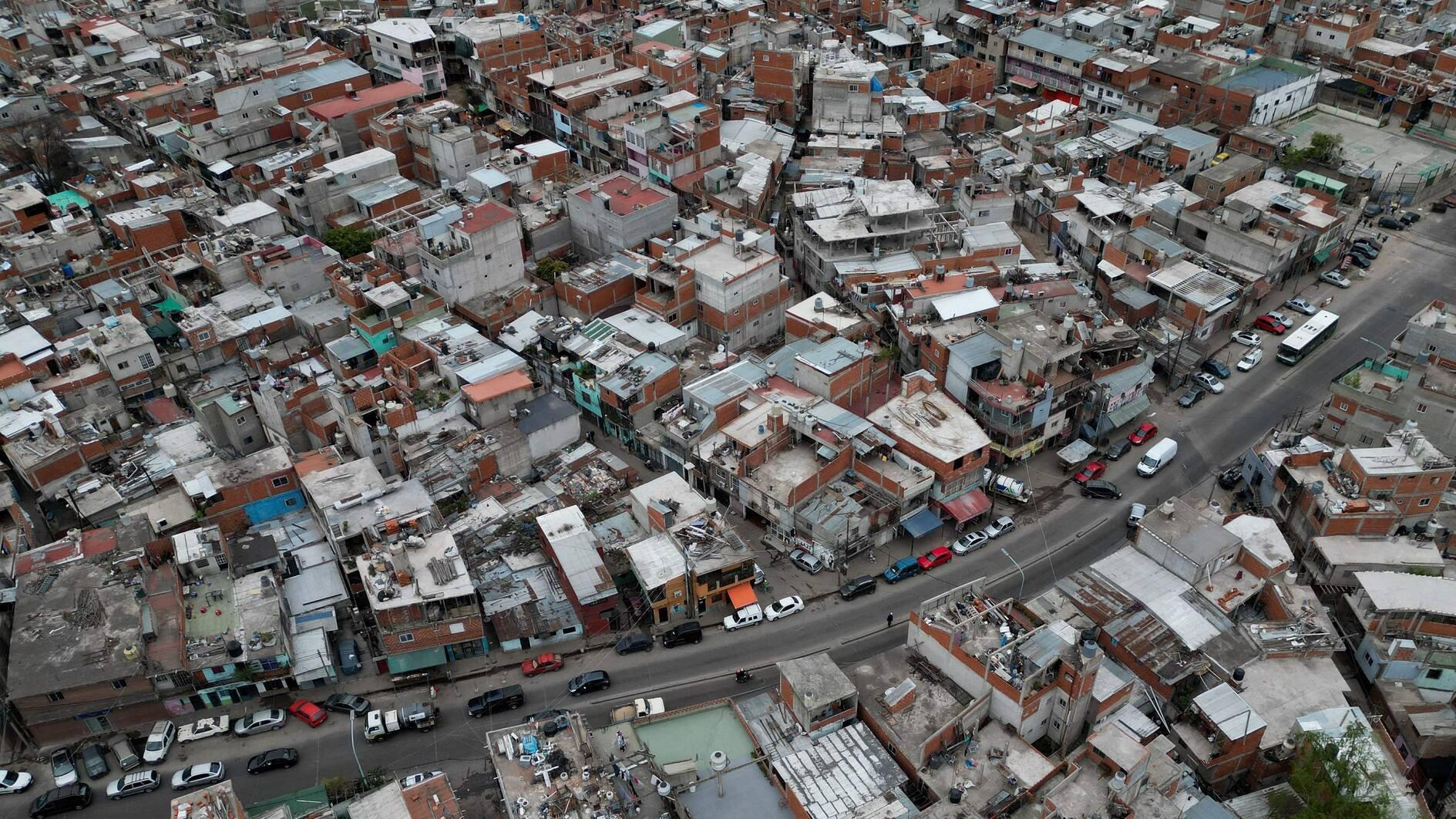
Poverty in Argentina rose to affect over 52 percent of the population in the first six months of self-declared "anarcho-capitalist" Javier Milei's presidency, according to official data released on Sept. 26.
The report for the first half of 2024 showed that 52.9 percent of Argentina's 47 million people now live in poverty and nearly one in five are indigent.
The poverty figure was up from 41.7 percent in the second half of 2023, said the INDEC statistics agency.
Since taking office in December, Milei's government has applied a drastic austerity program with the aim of eliminating the budget deficit and taming chronic inflation.
It has slashed subsidies for transport, fuel and energy, even as thousands of public servants lost their jobs.
Monthly inflation in Argentina came in at 4 percent July, the lowest in 2.5 years, before rising again to 4.2 percent in August.
The annual figure of 236.7 percent in August remains one of the highest in the world.
In December, when Milei took office, monthly inflation leapt by 25.5 percent after he devalued the peso by more than 50 percent.
The move, in addition to severe budget cuts, strangled purchasing power.
In January, the government reported its first monthly budget surplus in nearly 12 years.
Critics say Milei's few successes have come at the cost of the poor and working classes.
GDP fell 1.7 percent in the second quarter and unemployment rose to 7.6 percent, with women hardest hit.
"In a country where poverty is measured by income, we have all become poorer," presidential spokesman Manuel Adorni said ahead of the INDEC release, which he predicted would reflect a "harsh reality."
"The best way to fight against poverty is to fight against inflation," he added.
Economist Marina Dal Poggetto said this approach "excludes a lot of people" and "creates an increasingly broken society."